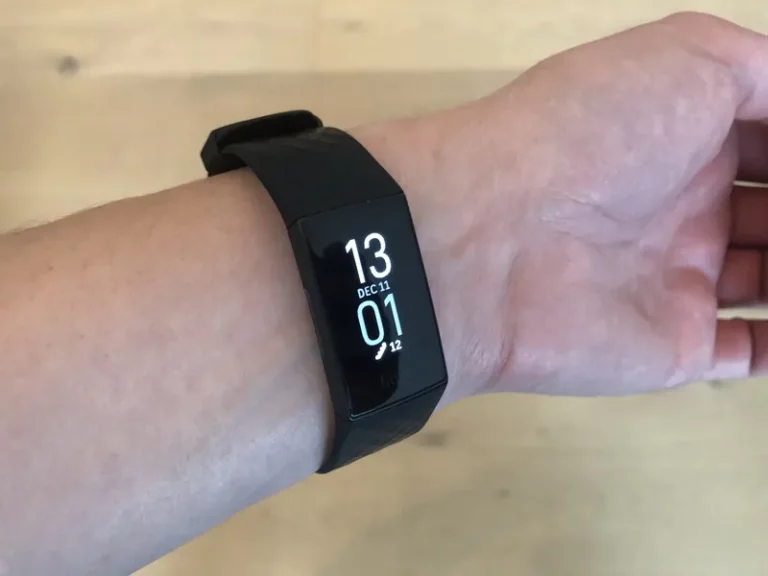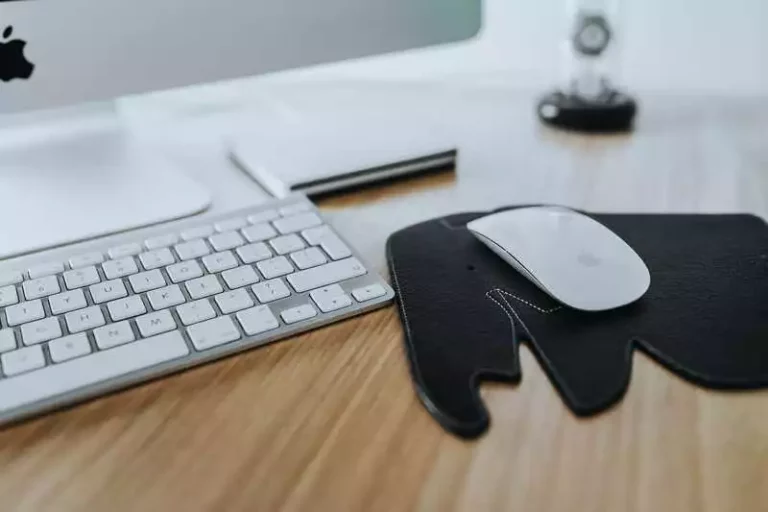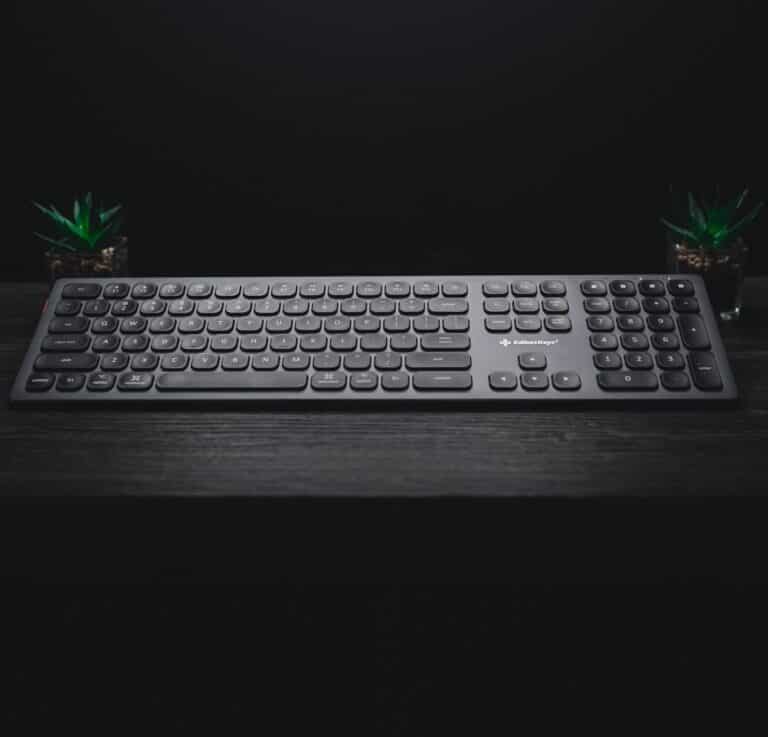Can A Fitbit Be Used As A Tracking Device? (Solved!)
This site contains affiliate links to products, and we may receive a commission for purchases made through these links.
There is no doubt that fitness trackers such as Fitbit are becoming increasingly popular. People love tracking their activity and seeing how many steps they have taken each day. But can a Fitbit be used as a tracking device for other things?
Yes, Fitbit has a GPS and Bluetooth that can be used to track your location. With an Application like RaMBLE, someone can track your movements. This app even includes Fitbit’s MAC (Media Access Control) address, making it easier for someone to track you.
In this blog post, I will explore whether or not a Fitbit can be used for tracking purposes other than fitness. I will also discuss some pros and cons of using Fitbit as a tracking device. Stay tuned.

How To Use a Fitbit as a Tracking Device
The RaMBLE application is only available to android users, and the developer describes it as a proof-of-concept application for detecting, logging, and mapping BLE (Bluetooth Low Energy) devices. This application does not work with all fitness trackers, but it does work with Fitbit.
To use RaMBLE with your Fitbit, you need to do the following:
- Download the RaMBLE app on your Android phone
- Turn on Bluetooth on your phone
- Open the app and click on “Scan”
- Your Fitbit will show up as a BLE device. Click on it and select “Track”
- The app will now track your location and show it on a map
READ MORE! Can You Use Apple Watch or Fitbit Without Bluetooth?
Can You Use a Fitbit for Passive Tracking?
Passive tracking is when you track your location using Fitbit. You can perform passive tracking with a Fitbit equipped with a GPS tracker. At the end of the day, you will be able to find out about the location history by turning on the GPS tracker and then syncing it with the device.
How to Use a Fitbit for Passive Tracking
If you want to use your Fitbit for passive tracking, you need to do the following:
- Turn on GPS tracking on your phone
- Sync your phone with the Fitbit device
- Your location history will now be available in the Fitbit app.
Pros of Using a Fitbit as a Passive Tracking Device
Using Fitbit for passive racking comes with several benefits.
Battery Efficient
For starters, it is a battery-efficient way to track your location. The GPS tracking only turns on when you sync your device. This means you can use your Fitbit for passive tracking without worrying about battery life.
Accuracy
Another benefit of using Fitbit for passive tracking is that it is accurate. The GPS tracker in the Fitbit is able to pick up your location even when you are indoors. This is because it uses a combination of GPS and GLONASS (Global Navigation Satellite System) to track your location.
Location History
You may want to know your location history for different reasons. Maybe you want to track your daily routes or see where you have been over the past week. Whatever the reason, Fitbit’s passive tracking feature can be helpful.
Relatively Cheap
Lastly, Fitbit is a relatively cheap way to track your location passively. The devices start at around $80. This is much cheaper than other GPS tracking devices on the market.
Cons of Using a Fitbit as a Passive Tracking Device
There are also some drawbacks to using a Fitbit for passive tracking.
Reliability
Fitbit may not always be reliable. The GPS tracker in the Fitbit can lose its connection with your phone, which means that it might not be able to track your location accurately. This will lead to gaps in the collected data, and it might not be as useful for tracking purposes.
Security and Privacy Concerns
Another concern with using a Fitbit for tracking is security and privacy. Anyone can track your location if you wear your Fitbit while Bluetooth is on. This includes family members, friends, and even strangers.
If someone knows your MAC address, they can track your location. This is a serious concern for people who want to keep their location private.
Battery Life
Another downside of using a Fitbit for tracking is that it can drain the battery life. The GPS tracker will use up more battery power than if turned off. This means that you might have to charge your Fitbit more often, which can be inconvenient.
Which Fitbit Can Be Used as Tracking Devices
It is important to note that not all Fitbit versions have GPS trackers. The following Fitbit devices come with GPS trackers:
Fitbit Charge 5
The most recent fitness band, the Fitbit Charge 5, has a built-in GPS tracker and other great features. The device has a built-in GPS tracker, so you may record the route without using your smartphone.
READ MORE! Can Fitbit Charge 5 Play Music Without The Phone? Review!
Fitbit Sense 2
The Fitbit Sense 2 is a great choice for those looking for a reliable GPS watch. This device has all the features you need in a tracking device, including an optical heart rate sensor, built-in GPS, and contactless payments.
FAQs
Can I use my Fitbit without the app?
Yes, you can use your Fitbit without the app. However, you will need to set up your device with the app before you can use it without it. Additionally, some features may not be available without the app.
Can I use Fitbit to track my child?
Yes, you can use Fitbit to track your child. However, you will need to set up a family account and add your child’s device. Additionally, they must be 13 years or older to have an account.
Can I share my Fitbit data with my doctor?
Yes, you can share your Fitbit data with your doctor. To do this, you will need to export your data from the app and share it with your doctor. Additionally, you can give your doctor access to your data through the Fitbit website.
Final Thoughts
A Fitbit can be used to track your location passively. However, there are some drawbacks to using a Fitbit for this purpose. The device can be unreliable and drain the battery life quickly. Security and privacy concerns should be considered before using a Fitbit for tracking purposes.
I hope this article has helped you understand whether or not a Fitbit can be used as a tracking device.

Espen
Espen is the Director of ProPairing and has written extensively about Bluetooth devices for years. He is a consumer product expert and has personally tested Bluetooth devices for the last decade.






